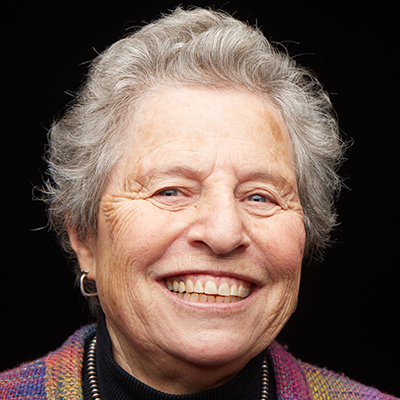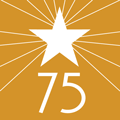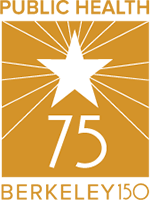
“Be flexible, talk to everyone, listen, do not be afraid to go where others have not, consider ‘no’ as the opening for a discussion.”
Kate Lorig DrPH ’80 MPH ’78 is an emerita research professor at the Stanford University School of Medicine. She has specialized in the development, evaluation, and dissemination of community-based self-management programs for people with chronic disease, pain, diabetes, as well as for caregivers and cancer survivors. These programs are used in more than 30 countries and throughout the United States. She is currently a partner in a new start-up company, The Self-Management Resource Center.
On public health and the challenges we face
Health is largely determined by behavioral, economic, educational and environmental factors. At the same time, most health care funding is focused on medical care. This dichotomy has and will continue to assure inequitable health and health care. I believe that our biggest challenge is for our two systems to work together. We have much to learn from each other and much to contribute.
In the past we have been very infectious disease focused. With an aging world population we must focus more on chronic diseases and how individuals, communities, and societies operate when most the population is no long young and has one or more chronic conditions. This reality calls for the reformulation of community structures from transportation to housing as well as to supply and accommodate the increasing need for care giving.
“Berkeley moment”
In a lecture, Dr. Leonard Symes posited that diseases were categorized by man—arthritis, measles, etc.—and that this classification determined health care thinking and systems. He went on to suggest that there might be alternative classification system. In other words, things did not have to be done in the way they had always been done. This single lecture set the background for most of my professional work.
Theme song while at Berkeley
It’s a Small Small World.














